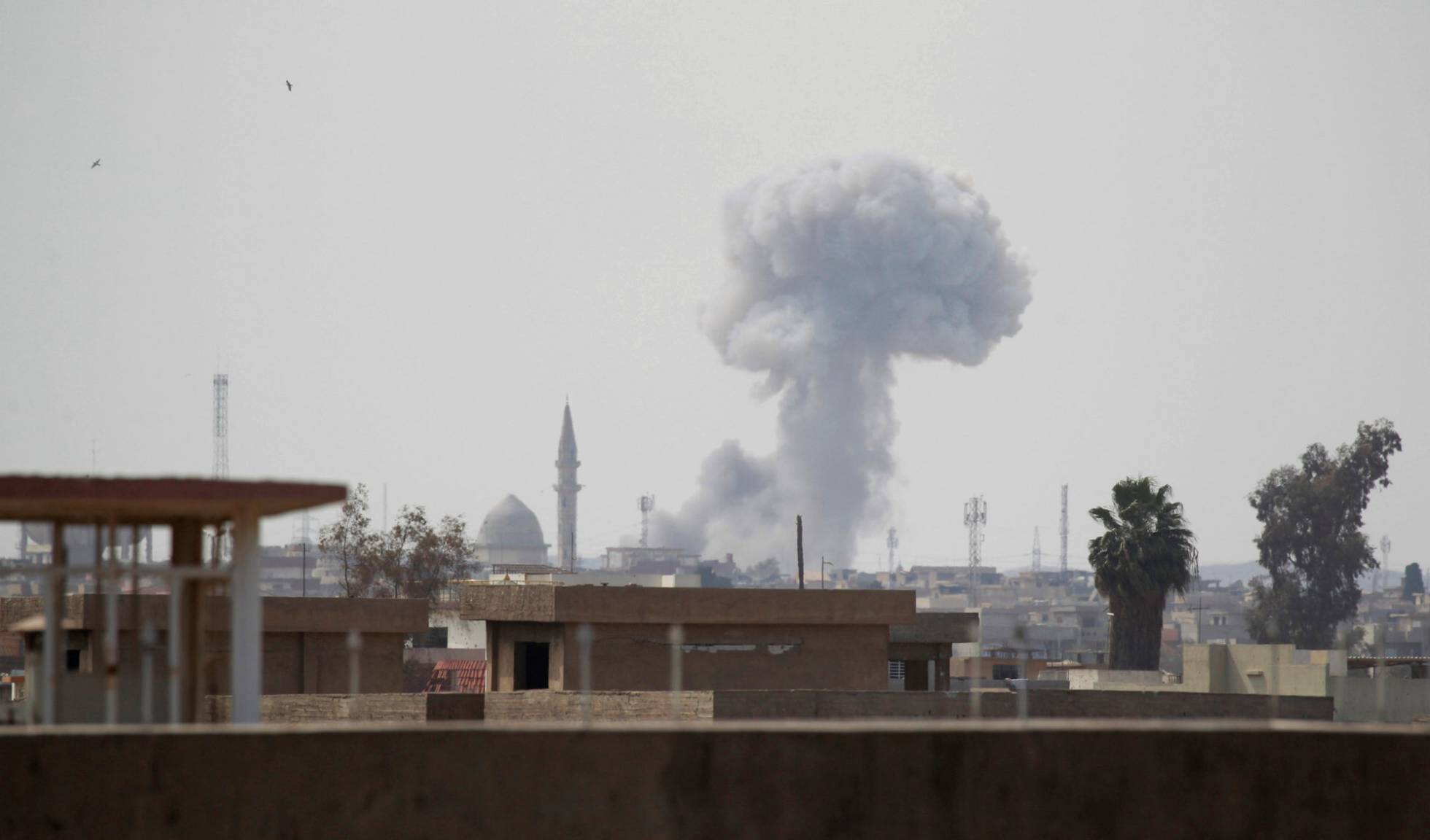
Making His Next Move Will Be the Difficult Part
For the first time since being elected, Donald Trump has pulled the trigger. For doing so, he was generally applauded — or at the very least people understood why he did it. The United Kingdom, Canada, France, Australia, Israel, Turkey and Saudi Arabia each gave their total support, while countries like Portugal, Spain and Italy adopted positions that were less enthusiastic but generally understanding of the U.S. president’s decision.
What was it that Trump did? He decided to attack a Syrian military base with 59 Tomahawk missiles, a base from which planes had earlier taken off to drop chemical weapons on a city in Idlib province.
This isn’t the first time the Assad regime has resorted to using chemical weapons over the course of the bloody conflict his country has been embroiled in for years, and from which it has emerged, all the while, with impunity despite protestations. In the face of only a few voices of dissent — namely Damascus, Moscow and Tehran — Trump showed that such actions would no longer go unpunished.
Of course, he didn’t just do it because of Syria. He wanted to show that he has the power to retaliate, and that he could repeat such actions whenever it is opportune to do so. In so doing, he was taking aim at Iran and North Korea, as well. Assad, for his part, as someone accustomed to pushing past “lines in the sand” (see the case of the much-tormented Aleppo), was not expecting an attack. It’s for this reason Damascus accused the United States of “irresponsible and senseless” behavior, while Moscow, allied to Assad in the Syria dispute, called it an “act of aggression.”
By taking this action, Trump built up points for himself in the international arena, even as he continues to be hampered by difficulties on the domestic front. But what was his objective? To intervene decisively in the Syrian conflict to facilitate Assad’s downfall? Or merely to make a show of strength and nothing else?
It is important to remember that in 2013, when the Obama administration was itself considering whether to punish Assad for using chemical weapons, public surveys found that more than two-thirds of Americans expressed opposition to such a course of action.
The United States might want to resolve the Syrian issue, at least in theory, but only so long as it can avoid direct involvement.
Trump pulled the trigger, to be sure, but this was seemingly the “easy” part. What will be more difficult is making the next move in bringing about a solution to the Syrian conflict — one that avoids repeating past mistakes and also precludes a calamitous and equally tormenting post-war situation for the Syrian people.
It’s far from comforting that it’s Trump who holds the reins on such an intricate problem, but perhaps it will be from this momentary shudder that a political solution arises, one that not only involves Russia but also brings an end to the Syrian bloodbath.


